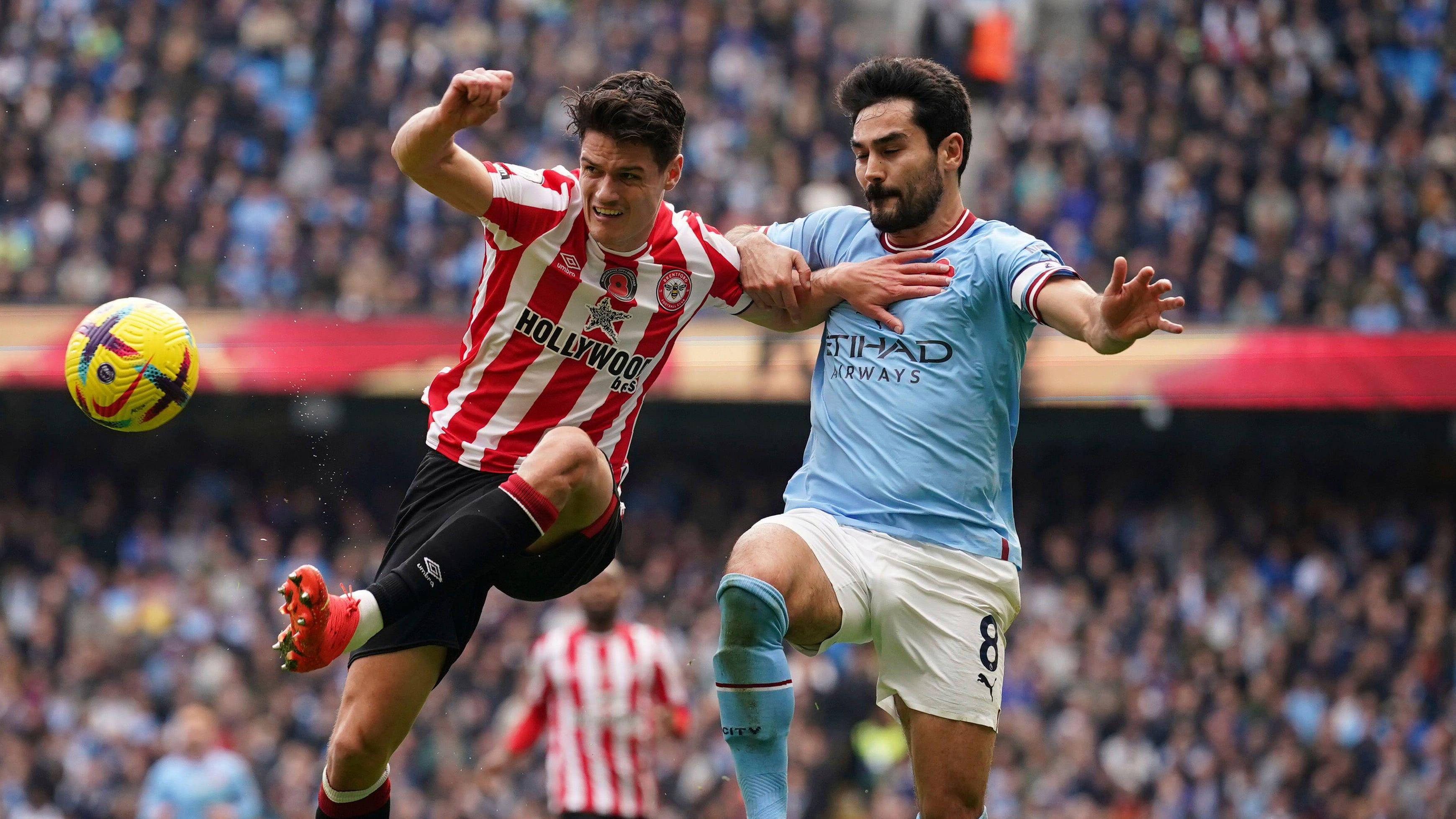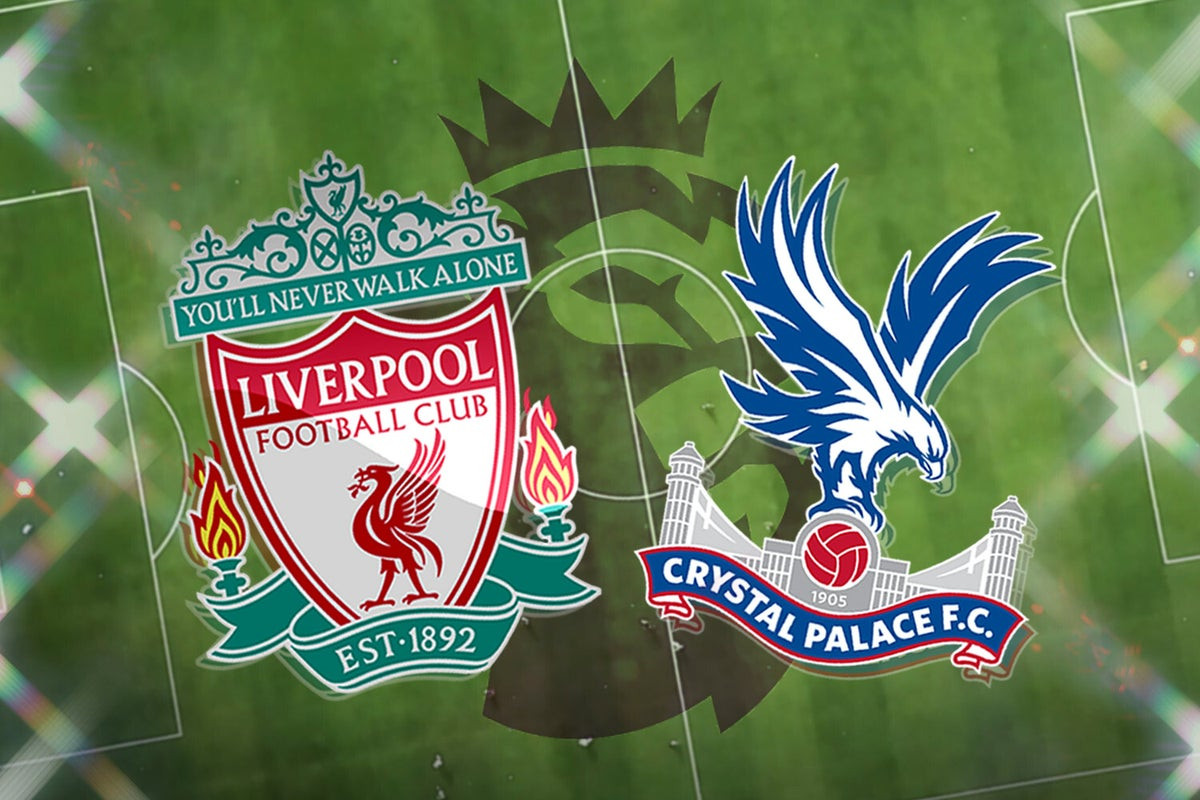The National Hockey League is mourning yet another loss. It has been confirmed by the NHL Alumni that former Washington Capitals and Anaheim Ducks enforcer Stephen Peat has tragically passed away from his injuries sustained in a horrible accident two weeks ago. Peat was 44.
The NHL Alumni Association is heartbroken to learn that Stephen Peat has passed away from his injuries after a tragic accident just over two weeks ago. He was only 44 years old.
Stephen was drafted 32nd overall by the @AnaheimDucks in 1998. In 2000, he was traded to the… pic.twitter.com/sjbWx3VuV2
As the release points out, Stephen was an organ donor and thus has saved the lives of numerous people through organ donation.
The Princeton, British Columbia native was originally drafted No. 32 overall in the 1998 NHL Entry Draft by the Mighty Ducks of Anaheim. Peat spent five years in the Western Hockey League (WHL) with the Red Deer Rebels, Tri-City Americans and the Calgary Hitmen, amassing 53 points and a whopping 615 penalty minutes in 203 games. Peat was selected No. 3 overall by Red Deer in the 1995 WHL Bantam Draft.
Peat spent two seasons in the AHL with the Portland Pirates, the Washington Capitals minor league affiliate before finding himself on the Capitals roster. Peat made his NHL debut in 2001-02 and scored two goals and four points in 38 games, which included 85 penalty minutes. Peat would then spend the next few seasons bouncing back and forth between Washington and the Pirates.
Peat played in 130 NHL games for the Capitals, racking up eight goals and two assists for 10 points and 234 penalty minutes in that frame. His AHL totals included seven points and 555 penalty minutes in 50 games.
During the 2004-05 NHL Lockout, Peat suited up for the Danbury Trashers. The team became notoriously famous after their Netflix documentary “Untold: Crimes and Penalties” was released.
After a fight-filled hockey career, the former enforcer had high-profile struggles, especially after a New York Times article by reporter John Branch, who chronicled Peat’s life after he was arrested for burning down his house in 2015. Peat’s was often homeless, or in jail, and likely had brain trauma from years of fighting in hockey. Branch wrote a follow-up article in 2017 showing the communication with Walter Peat, Stephen’s father.
In 2019, Jeremy Allingham wrote a book called ‘Major Misconduct: The Human Cost of Fighting in Hockey,’ which further chronicled Peat’s issues. Peat, and former Cap Donald Brashear, were featured on the cover. Allingham went to great lengths to interview Peat, and eventually did, only to see for himself that Peat could hardly take care of himself.
Peat’s Violent Style
During his playing days with the Caps, Peat was a hard-nosed fighter, and even had his own cheering section. Even his entry onto the team was summed up like this, according to a 2001 article from The Washington Post:
“If all goes according to plan Peat, 21, will sport a battered mug all season long, a testament to the courage, toughness and inherent brutality of the job he hopes to earn, a way of life he has grown to love since he first dropped the gloves in a hockey fight seven years ago. Then, Peat was all nerves, hoping to merely survive the episode. Now he is a master of his craft, able to unleash punches with both fists, already amassing a litany of knockouts and a reputation as one of the most feared pugilists to emerge from the Western Hockey League, a notoriously rugged Canadian junior circuit.”
Fighting even kept Peat out of the lineup, as he had to recover from injuries from hitting people. In total, Peat had 90 professional fights.
“Even before I came out [to the WHL], I heard stories about him breaking guys’ faces,” former teammate Matt Pettinger told The Washington Post. “Nobody wanted to mess with him. I heard stories about him jumping out of the penalty box and chasing down guys and breaking a guy’s cheekbone with one punch. He sounded like a monster, but he’s a real down-to-earth guy, a great guy. That’s just a side of him I don’t really want to get to know.”
Peat’s Life After Hockey
Peat’s struggles became public after a New York Times article was published in 2017, where he spoke about his mental health issues after being arrested for arson in 2015. Peat said he suffered from memory loss and mental health problems that led to addiction and homelessness. The article detailed how he was often seen living in his truck, spending his days in parks.
Anaheim drafted Peat 32nd overall in 1998. In 2000, he was traded to Washington, where he played 130 regular-season games and scored eight goals. Peat finished his pro career in the AHL following the 2006-07 season.
Earlier this year, former Caps player Chris Simon, who also had struggles after years of fighting, committed suicide.
The NHL Alumni Association is heartbroken to learn that Stephen Peat has passed away from his injuries after a tragic accident just over two weeks ago. He was only 44 years old.
Stephen was drafted 32nd overall by the @AnaheimDucks in 1998. In 2000, he was traded to the… pic.twitter.com/sjbWx3VuV2
— NHL Alumni (@NHLAlumni) September 12, 2024
A Tragic Loss
Peat’s death comes as a shock to many, especially those who knew him best. His former teammates and friends have expressed their condolences and shared their memories of him. It is a reminder of the lasting effects that playing hockey can have on an individual’s life. It is a loss that will be felt by many in the hockey world and beyond.


















